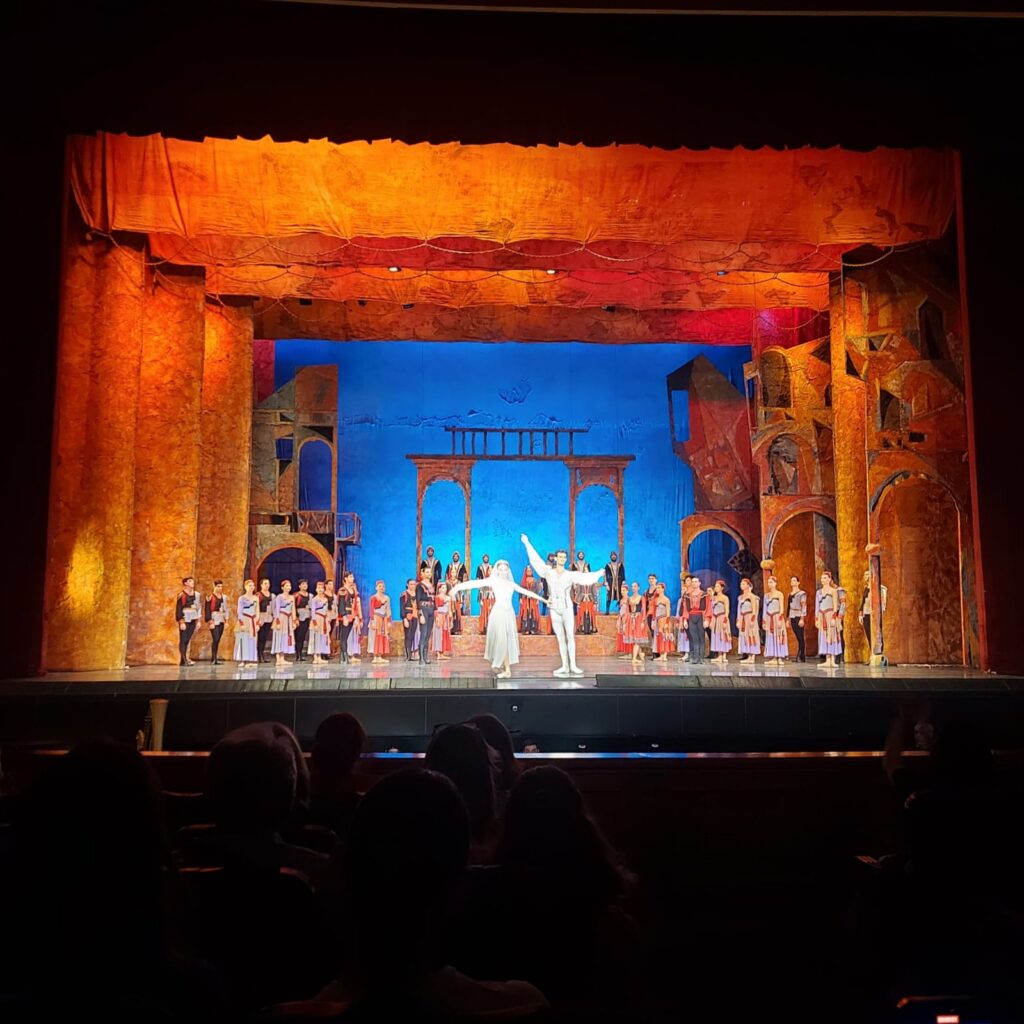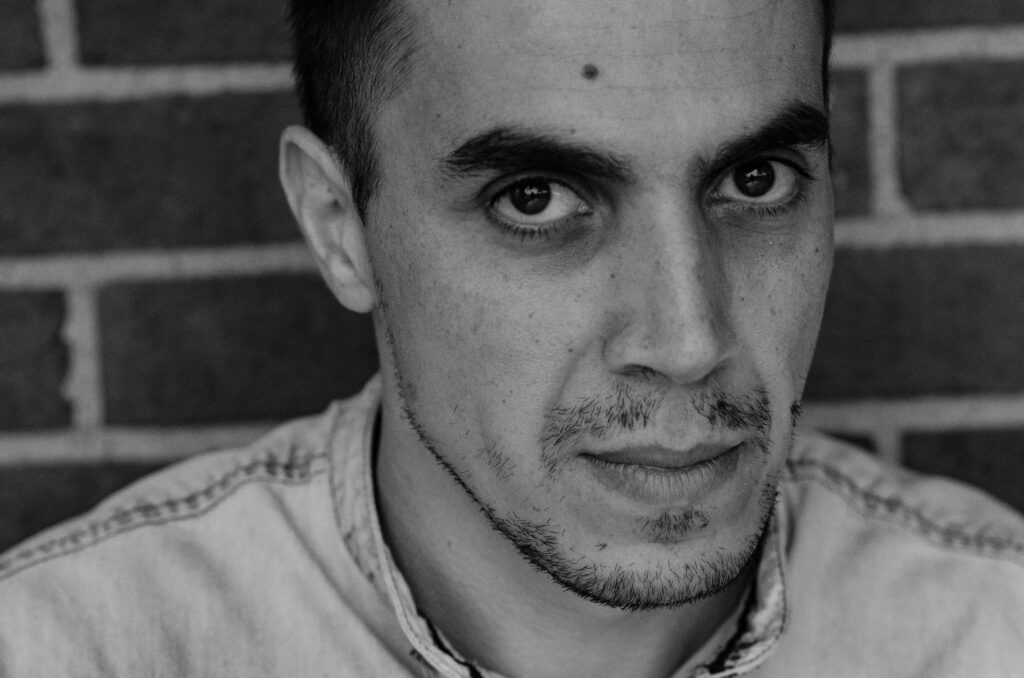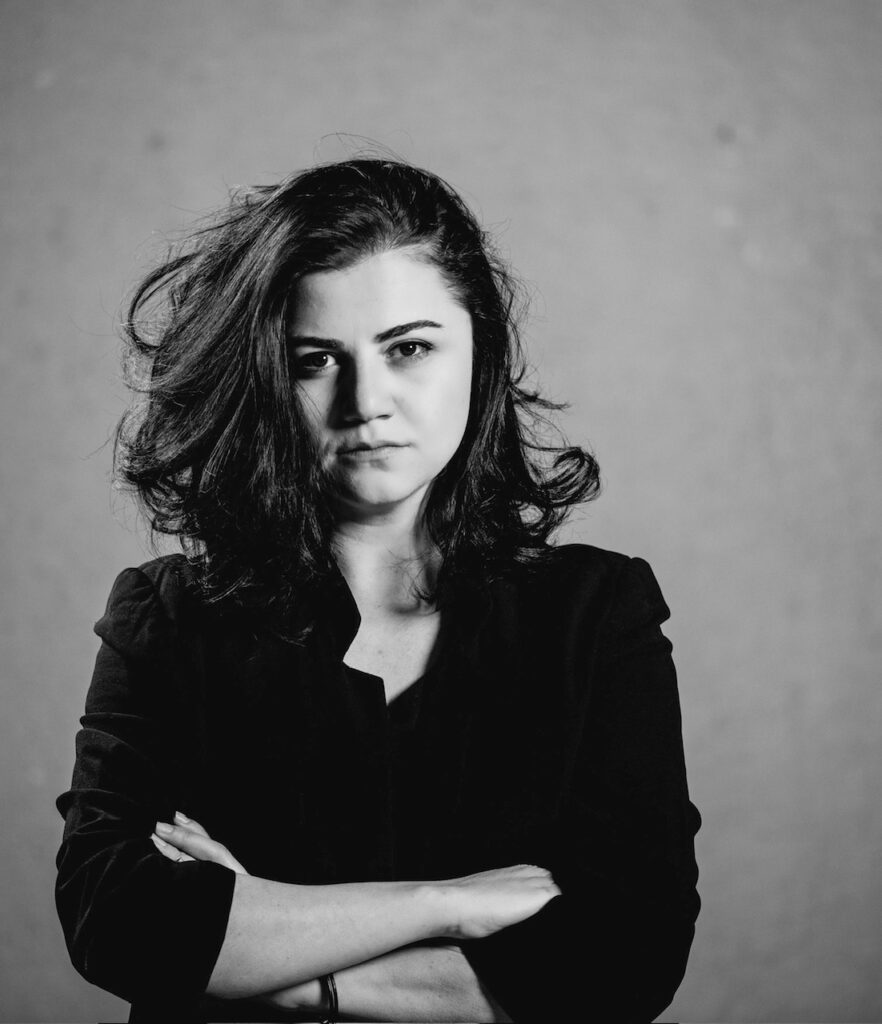by Cornelius Wüllenkemper

In September 2023, following the 2020 war, Armenia‘s larger neighbor Azerbaijan invaded Nagorno-Karabakh, a region predominantly populated by Armenians: 130,000 people had to flee and lost their homes. Alongside the territorial loss, the region’s cultural heritage is also under threat: historical buildings, monuments, churches and valuable cross stones—cultural landmarks of the Armenian people spanning thousands of years. The events in Nagorno-Karabakh also resonate deeply with the national trauma of the Armenians – the genocide of 1.5 million Armenians by the so-called Young Turks in 1915 and the resulting loss of settlements and cultural heritage. What does Armenia’s cultural scene think about these recent territorial losses and the threat to the country’s cultural identity? How do they view Armenia’s cultural heritage and the future prospects of this small, millennia-old country between Europe and Asia? No one can better answer these questions than the cultural practitioners themselves.
The Armenian State Opera in the capital Yerevan is fully booked on this Friday evening in early fall. The audience is as diverse as it is spellbound by Aram Khachaturian’s oriental ballet “Gayane” from 1943. Around 100 dancers and orchestral musicians bring a cultural flagship of Armenia to the stage under the guidance of conductor and artistic director Karen Durgaryan. “Khachaturian has taken up millennia-old melodies of the Armenian Christian church, and this can also be heard in “Gayane.” This also proves that Armenia has always been a part of Europe,” says Durgaryan. The cultural self-assertion of Armenia, the emphasis on the European cultural tradition of one of the world’s oldest nations, are particularly important to him these days. “I think Armenian artists abroad should see themselves as ambassadors for their country because since independence, we have been an open country and we are capable of preserving our cultural tradition. Of course, there were great musicians in Russia, but we Armenians also had great conductors and singers—only they remained largely unknown. Today, we have the opportunity to showcase all that.”
A year ago, Armenia lost the Nagorno-Karabakh enclave, while Russia, the nominal protecting power, stood idly by and watched the expulsion of Armenians and the destruction of Armenian cultural monuments. Durgaryan, a conductor with rich international experience, counters the ongoing political tensions with the integrative effect of music: “I perform German, French, Russian, and Persian music. I would also like to invite Turkish solo singers to join us at the opera. And no one will be able to ask “why?”, because we are artists, not politicians. If Armenia develops into an artistic platform for orchestras from Russia, soloists from Germany and singers from Italy—why not? Think of Daniel Barenboim and his West-Eastern Divan Orchestra. A single person from the cultural scene can sometimes trigger a political revolution.”

Not everyone is in such an optimistic mood these days. Aram Pachyan, for example, who received the European Union Prize for Literature for his fragment novel “P/F”, has become deeply skeptical about the concrete impact his literature can have. This loss of faith arises from the inaction of the international community in the face of the expulsion of the Armenians from Nagorno-Karabakh. “Even after the second Nagorno-Karabakh war in 2020, I found it extremely difficult to continue to see myself as a writer. I was stupid enough to believe that literature could change the world. I certainly failed,” says Pachyan candidly. Provocation or genuine disillusionment? The author, who seems both agitated and withdrawn, keeps this to himself when we meet him in his agent’s office, located in a former lemonade factory on Teryan Street, named after Vahan Teryan, an Armenian poet, who died in Russia in 1920.
Not everyone is in such an optimistic mood these days. Aram Pachyan, for example, who received the European Union Prize for Literature for his fragment novel “P/F”, has become deeply skeptical about the concrete impact his literature can have. This loss of faith arises from the inaction of the international community in the face of the expulsion of the Armenians from Nagorno-Karabakh. “Even after the second Nagorno-Karabakh war in 2020, I found it extremely difficult to continue to see myself as a writer. I was stupid enough to believe that literature could change the world. I certainly failed,” says Pachyan candidly. Provocation or genuine disillusionment? The author, who seems both agitated and withdrawn, keeps this to himself when we meet him in his agent’s office, located in a former lemonade factory on Teryan Street, named after Vahan Teryan, an Armenian poet, who died in Russia in 1920.
Nevertheless, Aram Pachyan has attracted a lot of attention with “P/F”, even though the novel demands a lot from the reader in its fragmentary, often lyrical review of scenes from past decades to the present day. At one point, a writer complains that the historical books in the university library are stored incorrectly, fall into disrepair and are then patched up with “Chinese glue” – an allusion to foreign capital, which has also left clear traces in Yerevan’s cityscape. “Armenia’s cultural heritage is in existential danger,” Aram Pachyan is certain. “But the fake news spread by our rivals on the other side of the border and the indifference of many Armenians also threaten our national integrity. Of course, it is difficult to write about this, because it would be a bit too easy to accuse people of going out for ice cream in downtown Yerevan while others are losing their lives in the war against Azerbaijan.” The war against Azerbaijan in 2020 and the loss of Nagorno-Karabakh region a year ago resonate deeply with the national trauma of the Armenians – the genocide of 1.5 million Armenians by the so-called Young Turks in 1915 and the resulting loss of settlements and cultural heritage. On a walk through Armenia’s vibrant capital these days, one would rather believe in a free, liberal and self-confident national state of mind. Far from it.

The themes of memory, trauma and forgetting also characterize the work of emerging author Anush Kocharyan. She has been working on her novel about her childhood in the dark, cold years of the early 1990s for over ten years, until she became an eyewitness to the second Nagorno-Karabakh war between Armenia and Azerbaijan in 2020 and “woke up from a thirty-year dream,” as she puts it during a conversation in one of the garden cafés in north-eastern Yerevan. Her novel combines Armenia’s complicated geopolitical and cultural situation with motifs from the 9th-century Armenian national epic “Daredevils of Sassoun,” where one of the heroes locks himself away in a rocky cave until the world is liberated from wars, falsehood and hatred. Kocharyan blends the old Armenian myth with the question of where Armenia is heading today. With her literature, she does not want to fit into the victim discourse or even the race for victimhood in the European history of suffering, but rather, as she says, to find “soft words” to tell of herself and the imprints of her past.
“I want to tell our story in a different way, not as a victim or survivor, but as an author,” says the young woman, who has stepped away from her previous career as a journalist and is now appearing in public for the first time as a literary author. “This way, I can show that we exist, and share our roots and cultural heritage, including our music, architecture and our stories. I want to find a language that will also be understood in Western Europe. This is my central concern. We must finally communicate who we are to the world. We haven’t managed to do that in the 30 years since our independence.” While Armenia’s politicians are faced with the challenge of freeing themselves from Russia’s influence without provoking an intervention that has already been threatened, there is a broad consensus in the cultural scene about the country’s future – it lies in Armenia’s past, in Europe.
This article was published within the frames of “Correspondents in Conflict” Project,
implemented by Yerevan Press Club and Deutsche Gesellschaft e. V. The Project is
funded by the German Federal Foreign Office within the “Eastern Partnership Program”.
The contents of this article are the sole responsibility of the implementing partners and can in
no way be taken to reflect the views of the Federal Foreign Office. #civilsocietycooperation
 Cornelius Wüllenkemper studied French literature and started his journalistic trip as a correspondent for the French radio Radio France Internationale in Berlin (German program). Since 2008, he is a freelance international reporter and literary critic for German national radio Deutschlandfunk and for the daily newspaper Frankfurter Allgemeine Zeitung. He regularly works in zones of instability or crisis, such as Kosovo, Georgia, Ukraine, Belarus, Haiti.
Cornelius Wüllenkemper studied French literature and started his journalistic trip as a correspondent for the French radio Radio France Internationale in Berlin (German program). Since 2008, he is a freelance international reporter and literary critic for German national radio Deutschlandfunk and for the daily newspaper Frankfurter Allgemeine Zeitung. He regularly works in zones of instability or crisis, such as Kosovo, Georgia, Ukraine, Belarus, Haiti.












